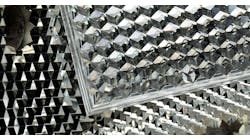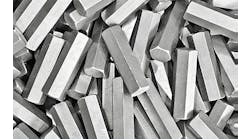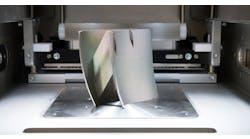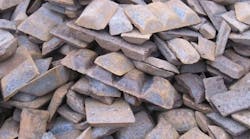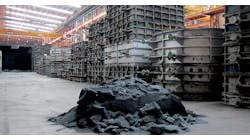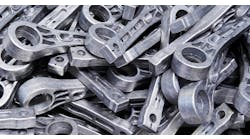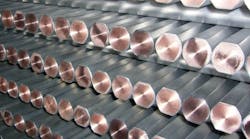Titanium Metals Corporation agreed to pay a $13.75-million civil penalty relating to unauthorized manufacturing and disposal of PCBs at its plant in Henderson, NV, an integrated operation where titanium ore is refined and concentrated into titanium “sponge,” and that sponge is melted and cast into ingots. The fee, part of a settlement that Timet reached with the U.S. Environmental Protection Agency and the U.S. Department of Justice, is the largest ever imposed at a single plant for violations of the Toxic Substances Control Act (TSCA) at a single plant, according to EPA.
Timet also will pay an additional $250,000 for violations related to illegal disposal of hazardous process wastewater, in violation of the Resource Conservation and Recovery Act (RCRA).
“This record penalty reflects EPA’s commitment to protect communities by reducing pollution from the mineral sector,” stated Cynthia Giles, EPA assistant administrator. “Today’s settlement ensures Timet complies with the law and takes important steps to build transparency in the investigation and remediation of this facility.”
PCBs, or polychlorinated biphenyls, are synthetic organic chemical compounds that were commonly used as dielectric and coolant fluids, cutting fluids, and heat-transfer fluids, until the federal government banned their production in 1979. According to EPA, PCBs have been shown to cause cancer in animals and there is evidence that they may cause cancer in humans.
Timet’s Nevada plant is an important source of titanium feed stock for manufacturers supplying aerospace parts, cutting tools, and other critical materials. Timet produces titanium ingots it supplies to producers of investment castings, forgings, wire and rod products, including some of its own affiliates; and also produces semi-finished products like slabs and bars; mill products like plate, coils, and strip; and fabricated goods, including welded tubing, pipe, and fittings.
Read the full report at forgingmagazine.com


